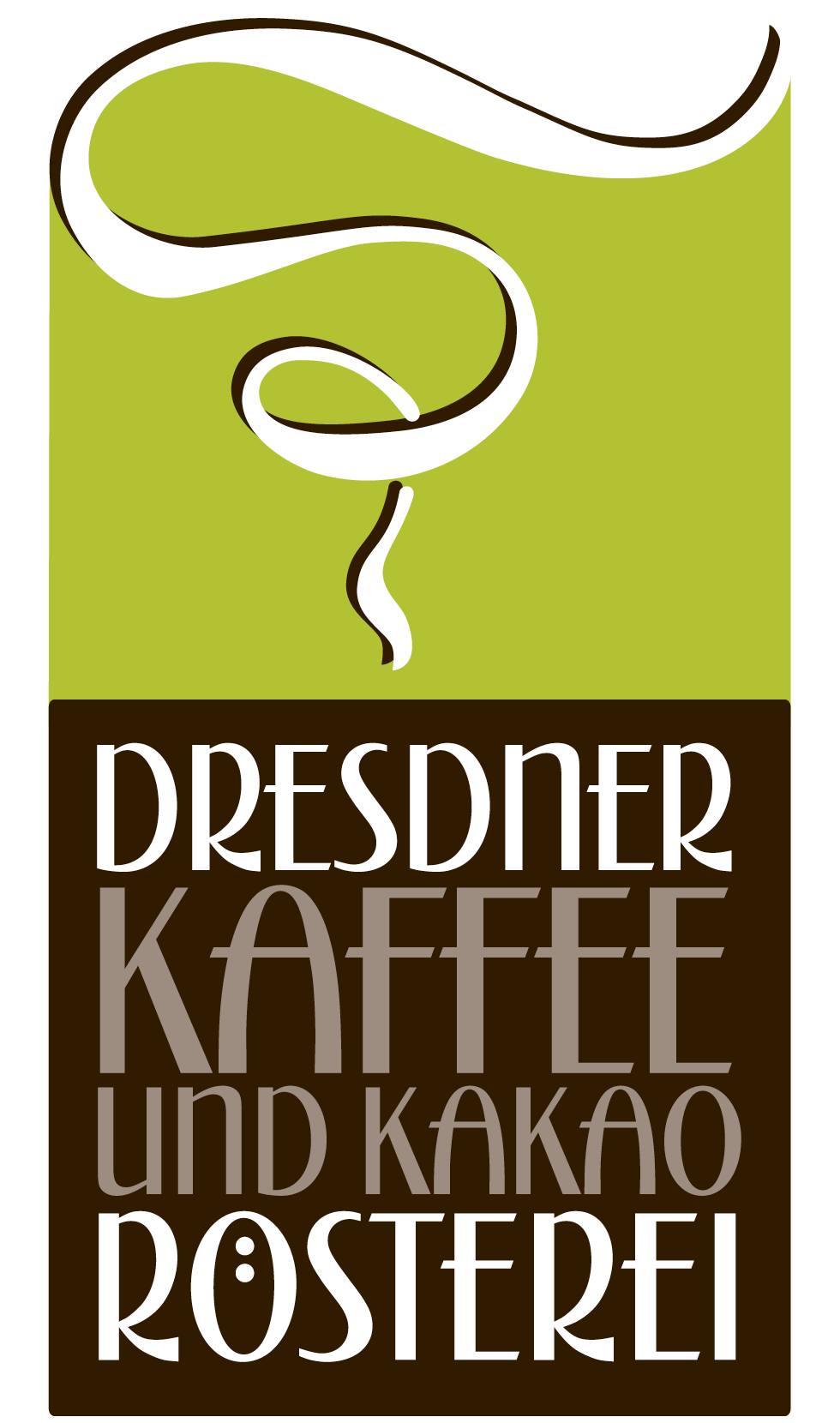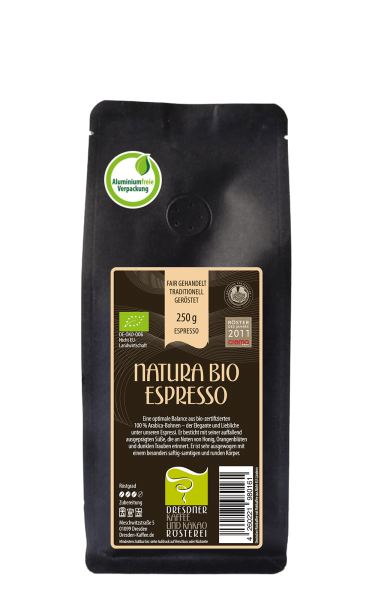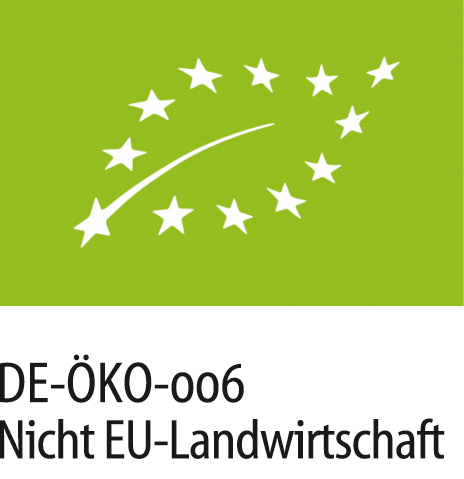The organic seal for organic espresso
The organic seal according to the EC Organic Regulation is only awarded to those products that are at least 95% organically grown. The overriding principle of organic cultivation is sustainability.
This means that only natural resources that can be used for as long as possible and can regenerate again and again should be used.
For coffee cultivation in particular, this means above all,
that no synthetic chemical pesticides are used.
that soil fertility is preserved by cultivating the area not only with coffee plants if possible, but in mixed crops with other plants, such as banana trees or other trees that also provide shade.
that no easily soluble mineral fertilizers are used, which could impair soil quality and contaminate groundwater.
Organic Espresso for President!
All these conditions for genuine organic coffee are regularly controlled by the competent authority of the respective country.
So you can be sure that our certified organic espresso specialties are what they say they are.



